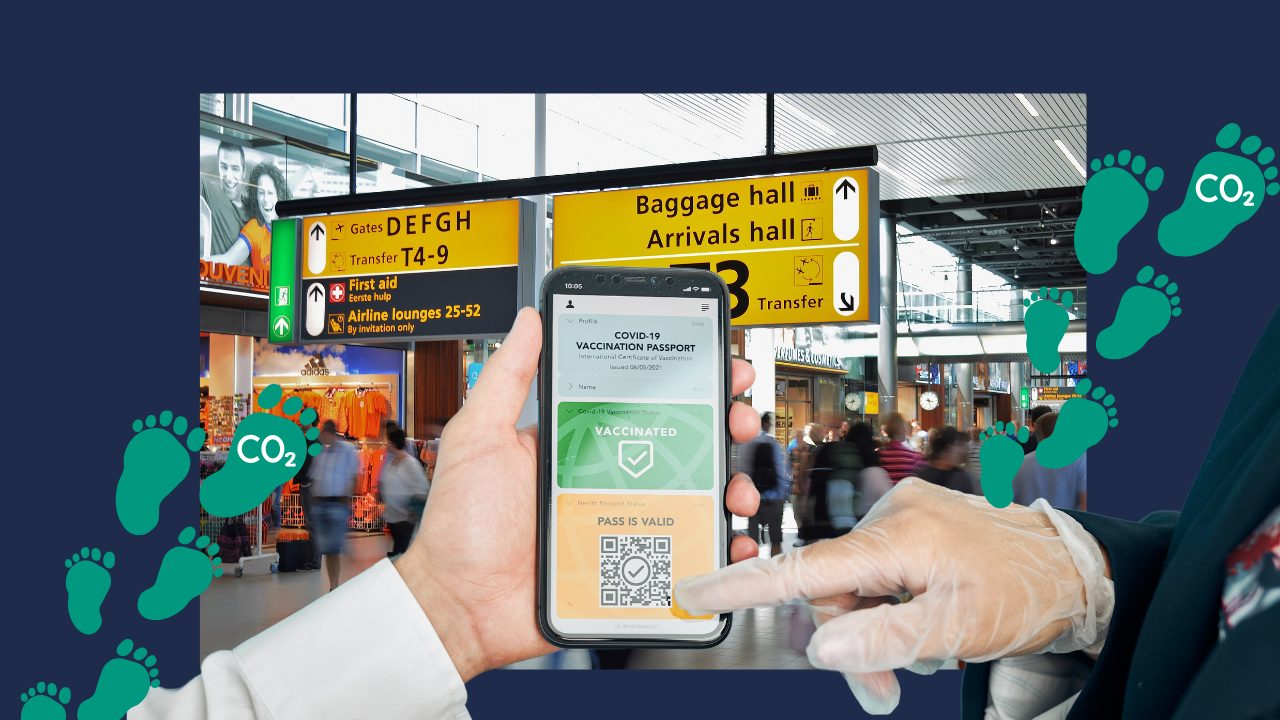In an era dominated by digital communication, the concept of privacy has become increasingly elusive. Many users believe that deleting a message is synonymous with erasing it from existence, creating a false sense of security. However, the reality is far more complex, as tech companies possess the means to retain and analyze deleted messages. In this blog post, we’ll explore the mechanisms that allow tech companies to access every word you type in your keyboard and the implications for user privacy.
There are 3 factors that help with the control over your communication and devices:
1. End-to-End Encryption: A Double-Edged Sword
End-to-end encryption (E2EE) is often hailed as the gold standard for secure communication. Apps like WhatsApp and Signal use E2EE to ensure that only the intended recipients can decipher messages. While this provides a robust layer of protection during transit, it doesn’t prevent tech companies from accessing messages on their servers.
Tech companies store user data on servers for various reasons, such as synchronization across devices and backup functionalities. Even though the messages are encrypted during transmission, they are often stored in a decrypted form on the server, accessible to the platform provider.
2. Server-Side Storage and Backups: The Achilles’ Heel
When users send messages, they are often stored on the company’s servers to facilitate seamless access across multiple devices. This server-side storage is a fundamental aspect of modern messaging apps, allowing users to switch between devices without losing their conversation history.
The downside to this convenience is that even when users delete messages from their local devices, copies may persist on the server or in backup systems. Tech companies retain these backups for various reasons, such as data recovery in case of device loss or for legal compliance.
3. Metadata and User Behavior Analysis
Beyond the content of messages, tech companies collect and analyze metadata, which includes information about when messages were sent, who sent them, and to whom. This metadata can provide valuable insights into user behavior and relationships, even if the actual message content is deleted.
Advanced algorithms and machine learning models enable companies to create intricate profiles based on user activity. Deleted messages, though seemingly erased, leave traces in the metadata that contribute to these profiles, allowing tech companies to gain a comprehensive understanding of user interactions.
The ability of tech companies to access deleted messages raises important legal and ethical questions. Users may assume that deleting a message grants them control over their digital footprint, but the reality is that companies often retain data for extended periods.
Governments and law enforcement agencies may request access to these records for various reasons, further complicating the issue of user privacy. Striking a balance between user privacy and legal compliance is an ongoing challenge for tech companies.
#PRVCYTipps
Avoid using the google and microsoft keyboard this services holds onto content that you’ve deleted. Instead use:
FlorisBoard:
FlorisBoard is a cutting-edge, open-source keyboard designed for Android 6.0 and above. Striving for a modern, user-friendly, and highly customizable experience, it puts your privacy at the forefront. Currently in the early-beta stage, FlorisBoard promises to redefine how you interact with your Android device through its innovative features.
AnySoftKeyboard:
This keyboard is not only free in the sense of being open-source but also in the sense of being free of charge. With a commitment to freedom and versatility, AnySoftKeyboard ensures a seamless and enjoyable typing experience for Android users.
Simple Keyboard:
If you desire simplicity in your Android keyboard, look no further than Simple Keyboard. True to its name, it offers just the basics – a straightforward keyboard experience without unnecessary frills. Ideal for users who value simplicity and functionality above all else, Simple Keyboard delivers an uncomplicated and efficient typing interface.












